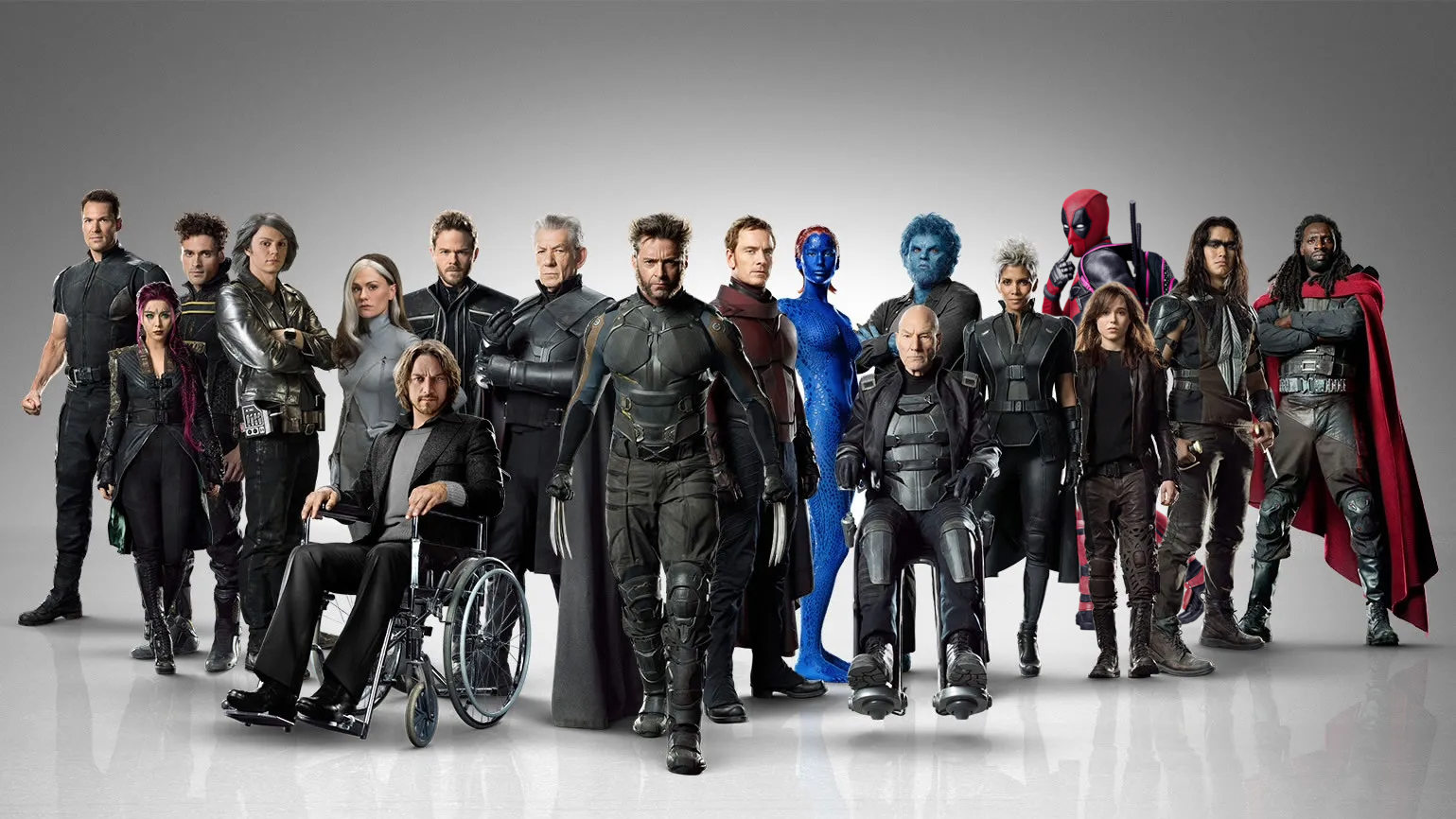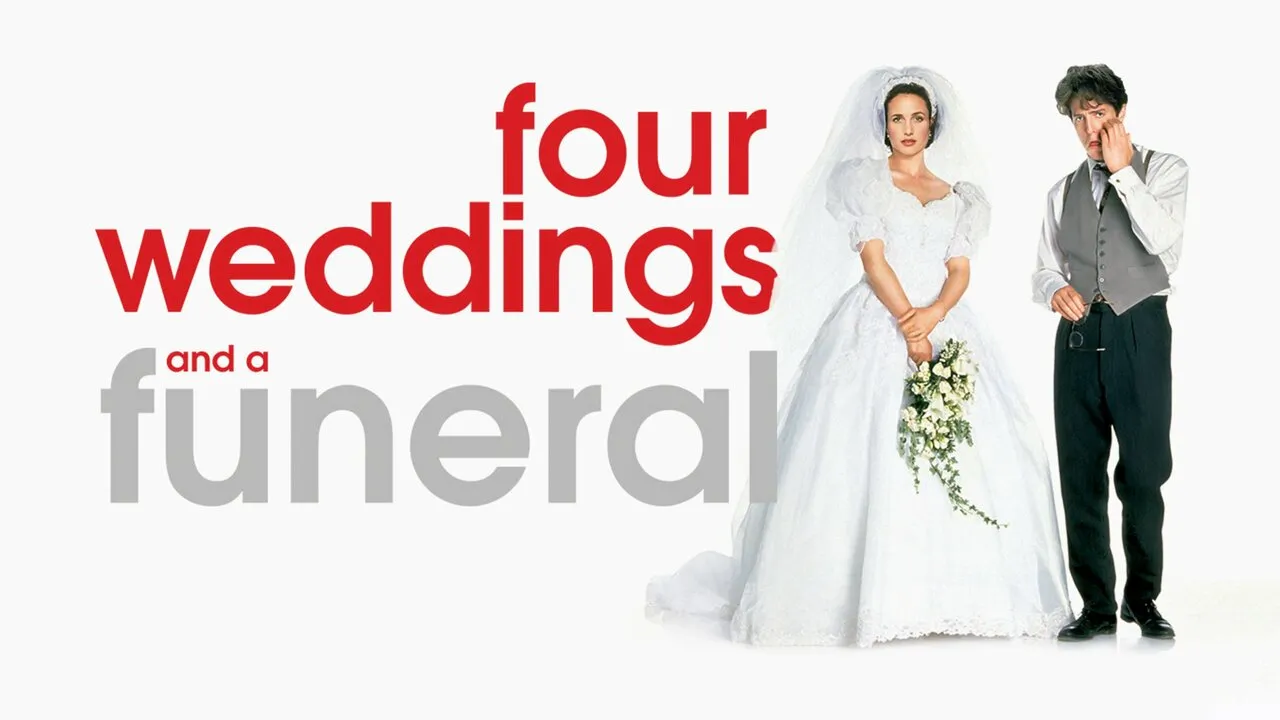The Beginning of a Mutant Revolution
X-Men, directed by Bryan Singer, launched in 2000 as the film that redefined the superhero genre for the modern era. Based on the legendary Marvel comics, the movie introduced audiences to a world divided — one where mutants, born with extraordinary powers, face fear, discrimination, and political persecution from a society that doesn’t understand them.
At the heart of the story is the ideological conflict between two powerful mutants: Professor Charles Xavier, who believes in peaceful coexistence between humans and mutants, and Magneto, who sees war as inevitable and believes mutants must rise up to claim dominance. Their long-standing friendship turned rivalry adds depth and weight to a film filled with action, emotion, and moral complexity.
The film follows Logan, aka Wolverine, a loner with healing powers and a mysterious past, and Rogue, a young woman whose touch can drain the life force of others. As they are drawn into the struggle between Xavier’s X-Men and Magneto’s Brotherhood, they must choose a side in a battle that will shape the future of mutantkind.

With a strong cast including Hugh Jackman in his breakout role as Wolverine, Patrick Stewart as Xavier, and Ian McKellen as Magneto, X-Men balances character-driven drama with high-stakes superhero action. The film explores themes of identity, acceptance, and the fear of those who are different — themes that resonate far beyond the comic book world.
Though modest in budget compared to later superhero blockbusters, X-Men laid the foundation for a cinematic universe and helped prove that comic book films could be serious, thoughtful, and commercially successful.
Ultimately, X-Men is more than just a story about superpowers — it's a reflection of real-world struggles for equality and understanding, wrapped in thrilling battles, iconic characters, and a legacy that still influences the genre today.



-1751622593-q80.webp)